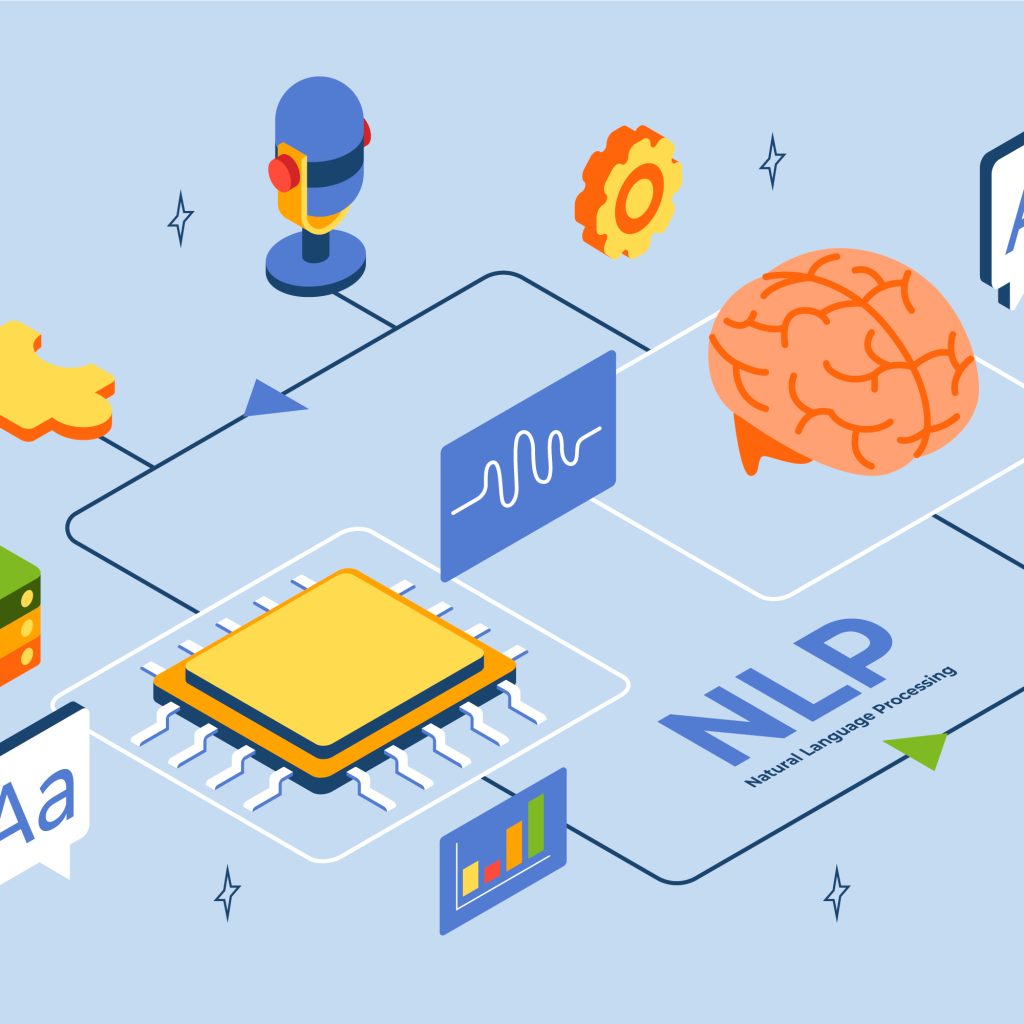AI and the Future of Natural Language Searching in Government Contracting
If you’ve ever waded through the intricacies of government contracting language, you understand the challenge it presents. Complex specifications, technical jargon, and unique terminologies can turn opportunity discovery into a time-consuming and arduous process. However, with the dawn of AI and its transformative capabilities, this no longer needs to be the case.
In the realm of government contracting, Natural Language Processing (NLP), a subset of AI, is ushering in a future of unprecedented efficiency and precision. At the forefront of this revolution is PSci.AI, employing advanced AI algorithms capable of deciphering complex contract language and specifications, fundamentally changing the way opportunities are discovered.

Decoding the Language of Government Contracting with AI
Natural Language Processing enables machines to understand, analyze, and generate human language. When applied to government contracting, it can help in parsing and interpreting contract language, regardless of complexity or jargon.
PSci.AI leverages cutting-edge NLP technology to make sense of contract documents. Our algorithms read, comprehend, and analyze contract language much like a seasoned contract professional would. The result? You get accurate, timely, and relevant matches for your search queries, exponentially increasing the efficiency of your opportunity discovery process.
PSci.AI: Transforming Contract Searches
PSci.AI’s advanced AI algorithms do more than simply comprehend contract language. They delve deep into contract specifics, matching your unique capabilities with the perfect opportunities. This is not merely a keyword search; this is understanding the essence of your needs and mapping them to potential contracts.
Moreover, our AI learns with every interaction, adapting and evolving to provide better, more precise matches each time. So, the more you use PSci.AI’s platform, the smarter your search gets, turning the cumbersome process of contract searching into a smooth, efficient operation.
The Edge of Efficiency and Precision
PSci.AI’s AI-powered natural language searching enables you to navigate the labyrinth of government contract language with ease, cutting down the time and effort needed for opportunity discovery. This empowers you to focus more on bid preparation and strategy, thereby increasing your chances of winning contracts.
If you’re ready to embrace the future of natural language searching in government contracting, discover PSci.AI. Leave behind the inefficiencies of traditional contract searching and step into a world of unparalleled precision and speed. Let PSci.AI’s AI-powered platform redefine your experience of opportunity discovery in the realm of government contracting.
The future of natural language searching in government contracting is here, and it’s powered by AI. Experience it today with PSci.AI and change the way you discover opportunities forever.
FINAL TIPS & TAKEAWAYS:
- Harness the Power of NLP: Natural Language Processing (NLP) can parse through complex language and specifications to identify relevant opportunities. Utilize PSci.AI’s AI to harness this potential and make your search more efficient.
- Go Beyond Keywords: Traditional search methods often rely heavily on specific keywords. With AI and natural language searching, you can discover relevant contracts based on broader semantic understanding, even when specific keywords aren’t present.
- Invest in Learning: Understand that AI, and especially natural language searching, is a valuable tool that can drastically enhance your discovery process. Invest time in learning how to use it effectively.
- Explore New Opportunities: AI and NLP can uncover opportunities you may have otherwise overlooked. Use PSci.AI’s AI to explore these new avenues and expand your contracting potential.






Leave a Comment